Donald Trump pressures Volodymyr Zelenskyy to abandon hopes of reclaiming Crimea in a live meeting. A turning point in US–Ukraine relations with global security at stake.

In a high-stakes diplomatic exchange, Donald Trump and Volodymyr Zelenskyy sat down in Washington to discuss the future of the Ukraine war. Reports from senior US officials reveal that the White House is pressing Kyiv to step back from its long-standing demand to reclaim Crimea, the peninsula annexed by Russia in 2014. This development marks one of the most controversial chapters in US–Ukraine diplomacy, sparking fierce debate on whether Ukraine should compromise on its territorial integrity to pursue peace.
US Strategic Calculations
According to insiders, the Pentagon and Trump’s closest advisors believe that Kyiv’s insistence on regaining Crimea risks undermining any chance of a broader ceasefire agreement with Moscow. Washington’s new position emphasizes securing current Ukrainian-held territories over ambitious territorial reclamation. In essence, the Trump administration views abandoning Crimea as a pragmatic step that could pave the way toward negotiations. For many in Washington, this represents a hard-nosed calculation: peace now, sovereignty later. Yet for Ukraine, the idea of conceding Crimea threatens national pride, international law, and the very principles of sovereignty that Western nations have pledged to defend.
Zelenskyy’s Response
President Zelenskyy has repeatedly vowed that Ukraine will never recognize Russia’s annexation of Crimea, calling it an inseparable part of Ukraine’s sovereignty. His government has invested heavily in keeping Crimea on the international agenda, arguing that any settlement without its return would embolden Russia. In this live meeting, however, the stakes could not be higher. If Zelenskyy shows even slight flexibility under US pressure, it could signal a shift in Ukraine’s red lines. If he refuses outright, Kyiv risks friction with its most crucial ally. The delicate balance between standing firm and preserving US support may define Ukraine’s strategy for years to come.
Global Security Stakes
The outcome of this discussion goes far beyond Kyiv and Washington. NATO allies and European partners are watching closely, wary of a potential fracture in the Western alliance. A Ukrainian step back on Crimea could calm tensions with Moscow but risk splitting European unity, especially among countries like Poland and the Baltic states that fear further Russian expansion. At the same time, Russia views Washington’s pressure as a potential validation of its annexation. Any shift from Ukraine could embolden the Kremlin while raising alarms in regions like Georgia and Moldova, where Russian ambitions remain active. The geopolitical consequences are immense: from transatlantic unity to global security frameworks, the Crimea question is now at the heart of international strategy.
A Defining Moment
For Trump, pressing Ukraine to reconsider Crimea serves both diplomatic and political purposes. He can position himself as a dealmaker aiming to end the costly war while avoiding deeper US entanglement. For Zelenskyy, however, the decision is existential. Ukraine’s identity, sovereignty, and sacrifice over the past decade are tied to Crimea. Conceding it could weaken domestic support, fracture trust with allies, and embolden Russia further. The Trump–Zelenskyy meeting live is not just another diplomatic session—it is a defining moment in the Ukraine conflict, one that could reshape the trajectory of the war and the security architecture of Europe for decades.
Conclusion
Whether Ukraine bends under US pressure or stands its ground, the Crimea dilemma has reached a critical juncture. Washington’s strategic calculations, Kyiv’s unyielding stance, and Moscow’s looming ambitions converge in this historic debate. The next steps will not only determine the fate of Crimea but also the credibility of Western unity and the future of international law.

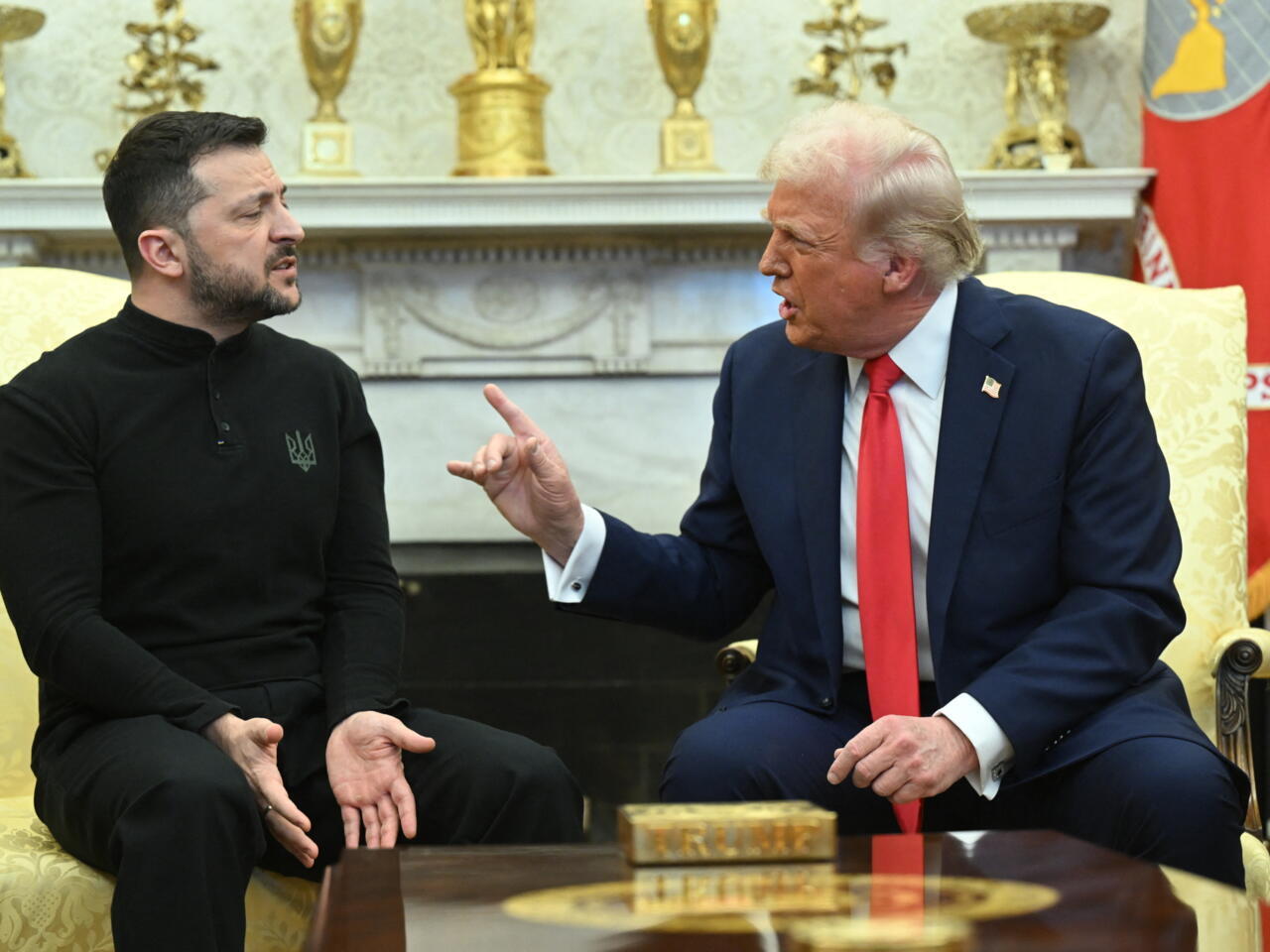









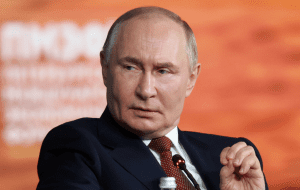
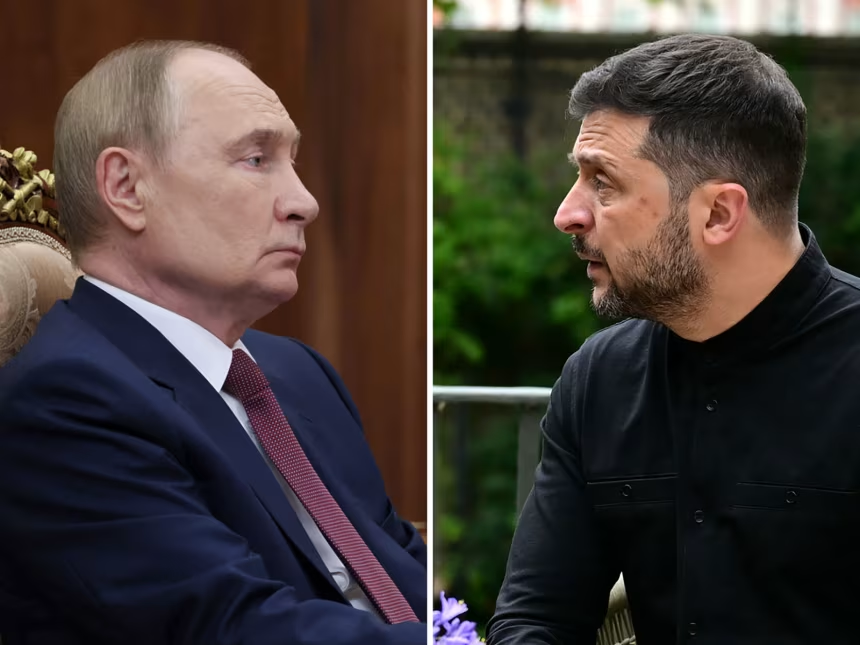
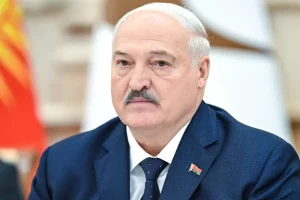
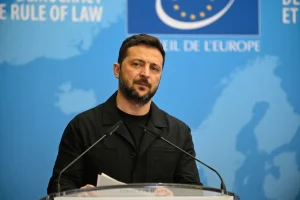
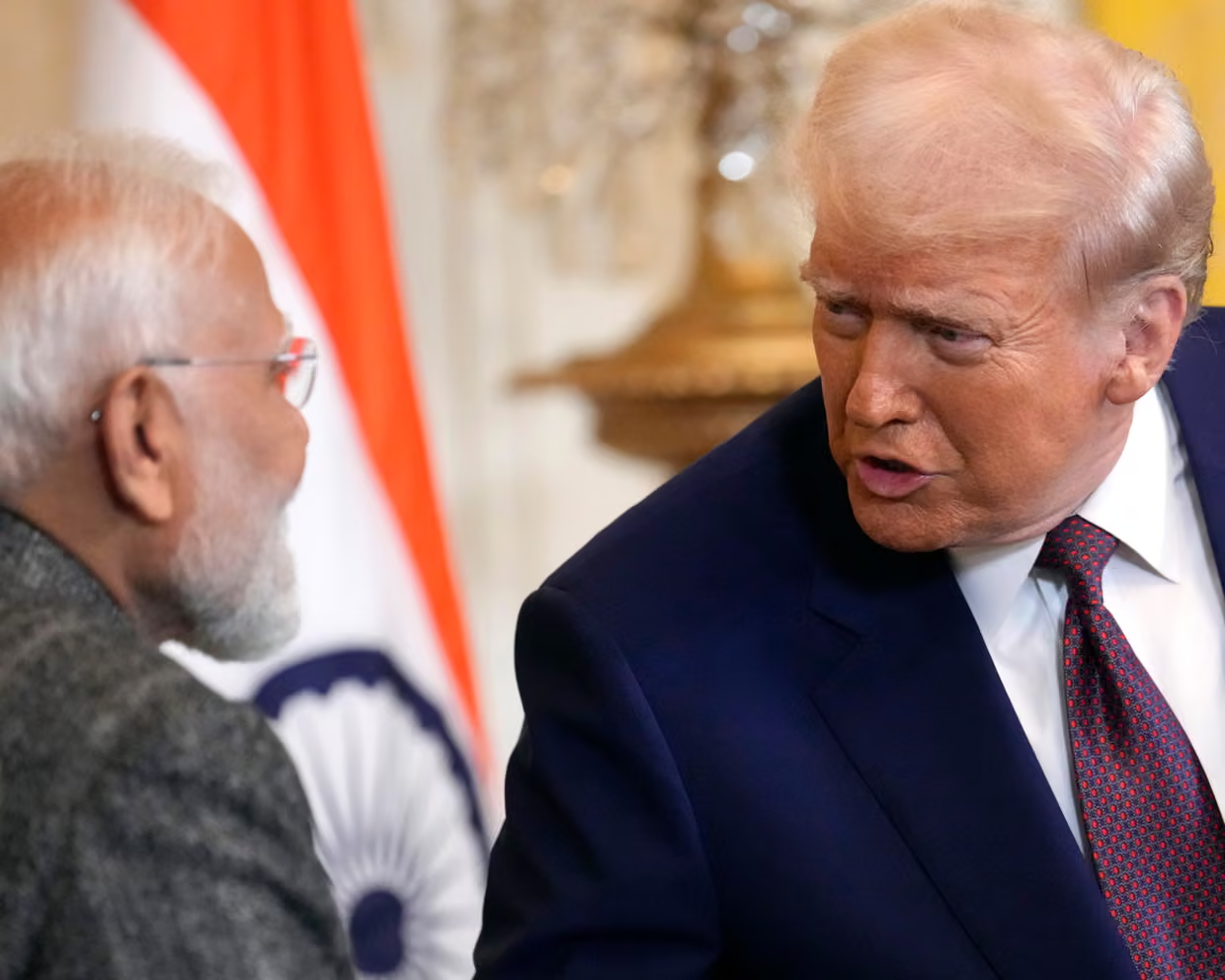


Comments are closed.